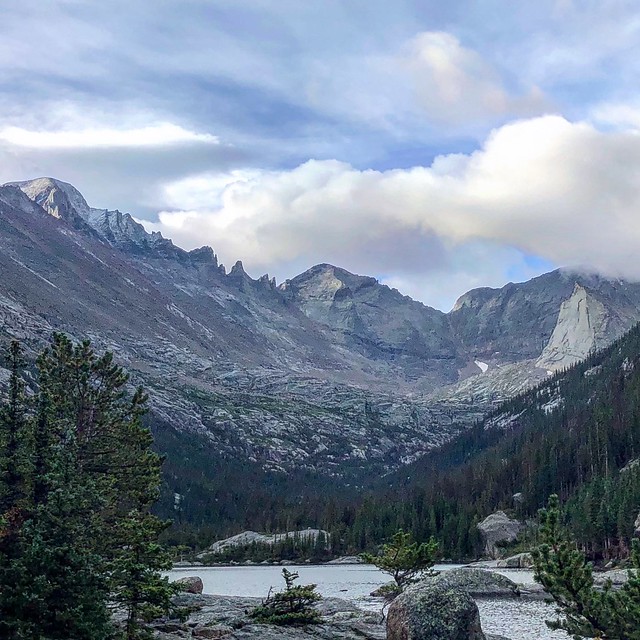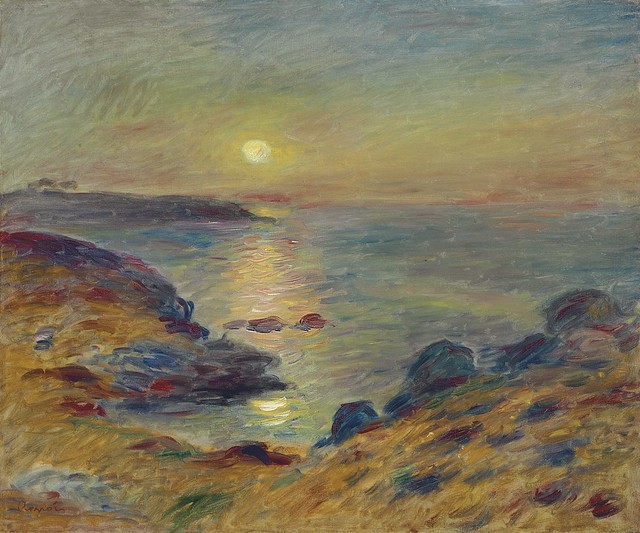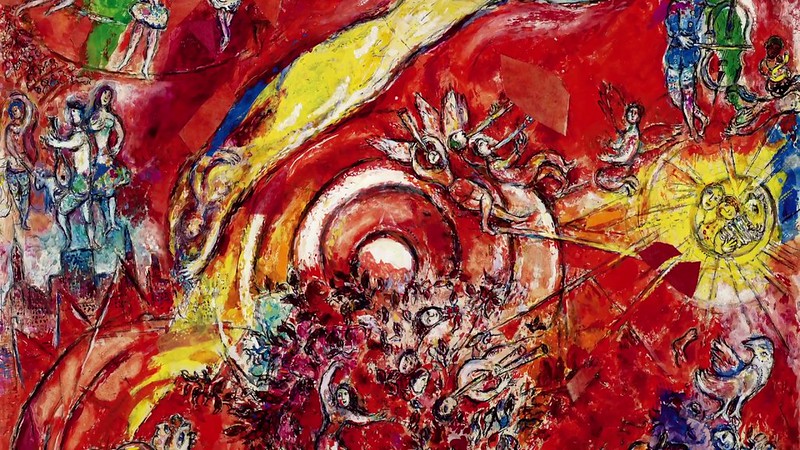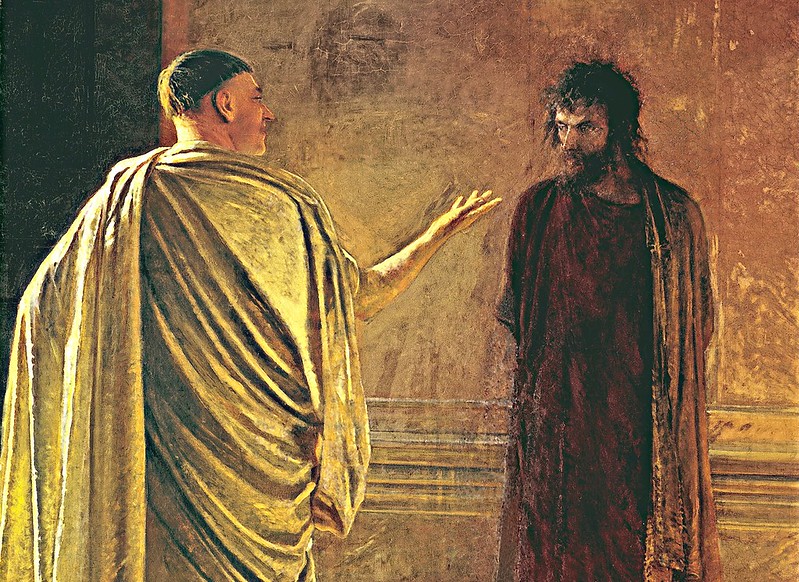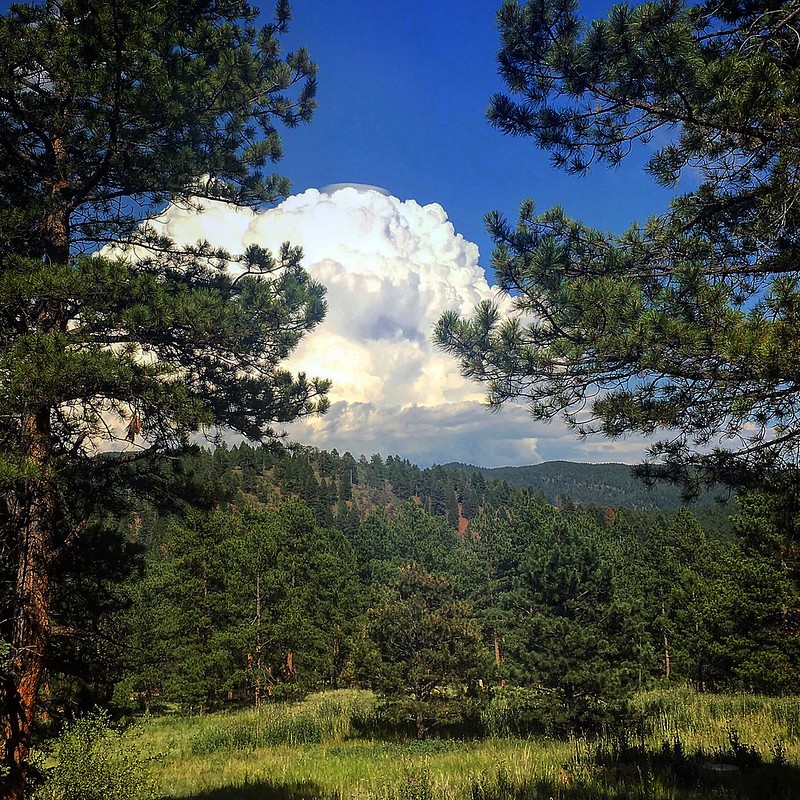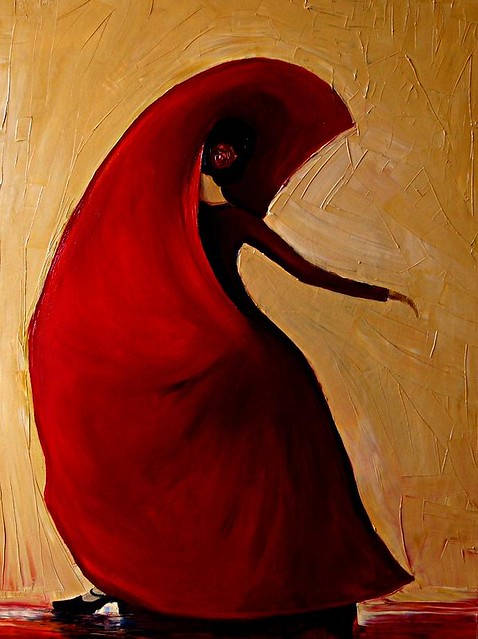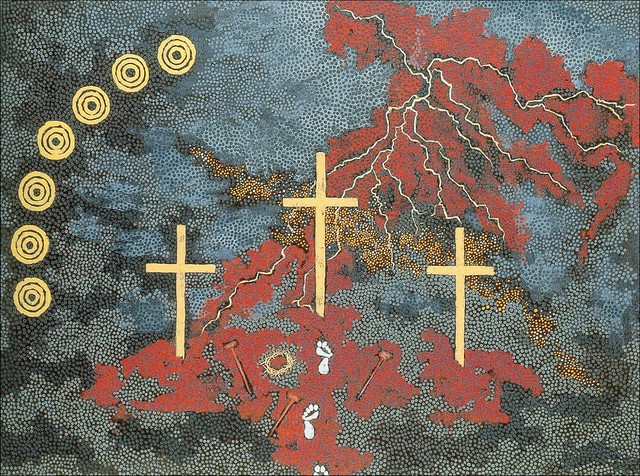A Formula For Atheism
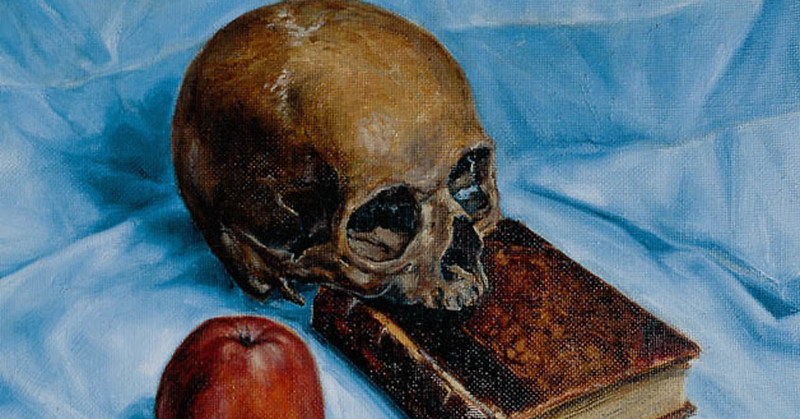
(This is my foreword for Faith in the Shadows: Finding Christ in the Midst of Doubt by Austin Fisher.)
A Formula For Atheism
Brian Zahnd
A few years ago the pastor of an evangelical-fundamentalist church with whom I’m acquainted announced on the Sunday after Easter that he had become an atheist. He told his stunned congregation that he had been an atheist for a year and a half and that all attempts to revive his faith had failed. So on the Sunday after Easter he publicly left Christianity and moved on with his life — a life with no more Easters.
A few days after his bombshell resignation I met with this now erstwhile pastor. As I listened to his story, it quickly became apparent that he had not so much lost his faith in Christianity as he had lost his credulity for fundamentalism. But sadly he had been formed in a tradition where Christianity and fundamentalism were so tightly bound together that he could not make a distinction between them. For this fundamentalist pastor, if the Bible wasn’t literally, historically, and scientifically factual in a biblicist-empiricist sense, then Christianity was a falsity he had to reject. When his fundamentalist house of cards collapsed, it took his Christian faith down with it. In one remarkable leap of faith, a fundamentalist became a newly minted atheist. I did my best to explain to him that he had made the modern mistake of confusing historic Christian faith with early-twentieth-century fundamentalism, but by now the damage was done and it appears his faith has suffered a fatal blow.
Read more
